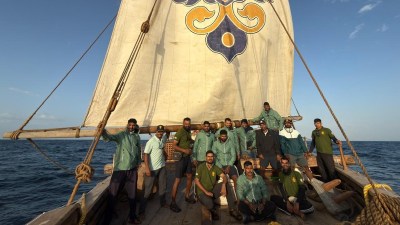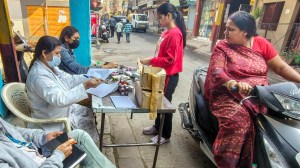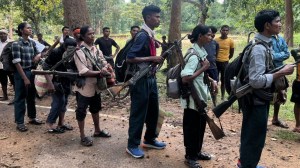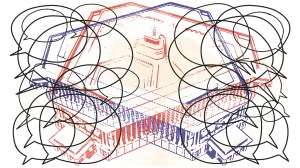EU close to full unity on Kosovo
The European Union is close to full unity in support for Kosovo8217;s drive for independence...

The European Union is close to full unity in support for Kosovo8217;s drive for independence, with only Cyprus insisting that sovereignty for the Serbian province must be backed by a UN resolution, ministers said on Monday.
Kosovo Albanian leaders said they will immediately start talks with their Western backers on steps leading to a declaration of independence, which a senior official said would be 8220;much earlier than May8221;.
8220;From today, Kosovo begins consultations with key international partners to coordinate the next steps to a declaration of independence,8221; Skender Hyseni, spokesman of Kosovo8217;s negotiating team with Serbia, said in Pristina.
8220;There is virtual unity on Kosovo,8221; Swedish Foreign Minister Carl Bildt told reporters ahead of EU talks in Brussels. 8220;Apart from Cyprus, which has enormous problems with this8230; all other countries are going in this direction,8221; said Luxembourg8217;s Jean Asselborn.
ETHNIC MAKEUP
Serbs were a majority until they were defeated by the Ottoman Empire. Over the next 500 years many left while the Albanians, converts to Islam, grew in number. Mutual expulsions and migration from Albania in the early 20th century changed Kosovo8217;s makeup. Today, 2 million Albanians form 90 percent of the population. Some 100,000 Serbs remain in Kosovo, many in scattered enclaves protected by NATO.
POLITICS 038; ECONOMY
Landlocked and poor apart from mineral deposits, Kosovo was an autonomous region of the Socialist Yugoslav Federation and had effective self-government in 1974. But ethnic tensions escalated in the 1980s as Yugoslavia began to crumble and economic conditions deteriorated. Populist Slobodan Milosevic used Serb nationalism as a springboard to power in 1989, restricting Albanian rights in education and local government. Strikes, protests and violence led to Belgrade declaring a state of emergency in 1990, sending in the Yugoslav army and police.
WAR
Albanians have officially demanded independence since renegade elections in 1992 made pacifist leader Ibrahim Rugova president of a self-declared republic. The demand was ignored as Serbs fought for pieces of Croatia and Bosnia, and support shifted to armed struggle by the Kosovo Liberation Army, a guerrilla force. Serb forces hit back so hard in 1998 that 100,000 Albanians fled to the hills and NATO powers warned Milosevic they would not tolerate another round of 8220;ethnic cleansing8221; in the Balkans. Peace talks in France failed and in March 1999 NATO started bombing to force Serbia to withdraw. Some 800,000 Albanians fled or were expelled to Macedonia and Albania before Milosevic gave in 78 days later. As his forces pulled out, an estimated 180,000 Serbs left as well.
LIMBO
Kosovo has been administered by the UN with NATO peacekeeping since June 1999. Unemployment is more than 50 per cent among the overwhelmingly young population. Kosovo8217;s uncertain future status virtually precludes outside investment. Spasms of ethnic violence, mostly by Albanians against Serbs, together with criminal gangs trafficking in contraband and people, have tarnished its image with the West. Albanian leaders say only independence from Serbia can cure these ills. A troika of EU, US and Russian mediators told UN Secretary-General Ban Ki-Moon in a report last week that their mission had failed because neither side was willing to give way on sovereignty.
- 01
- 02
- 03
- 04
- 05































